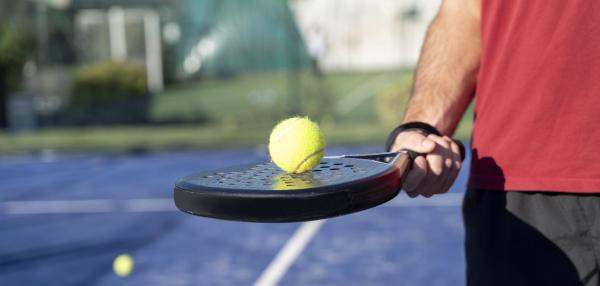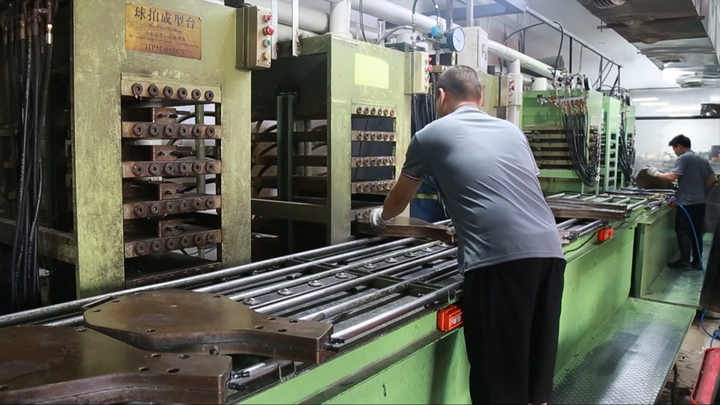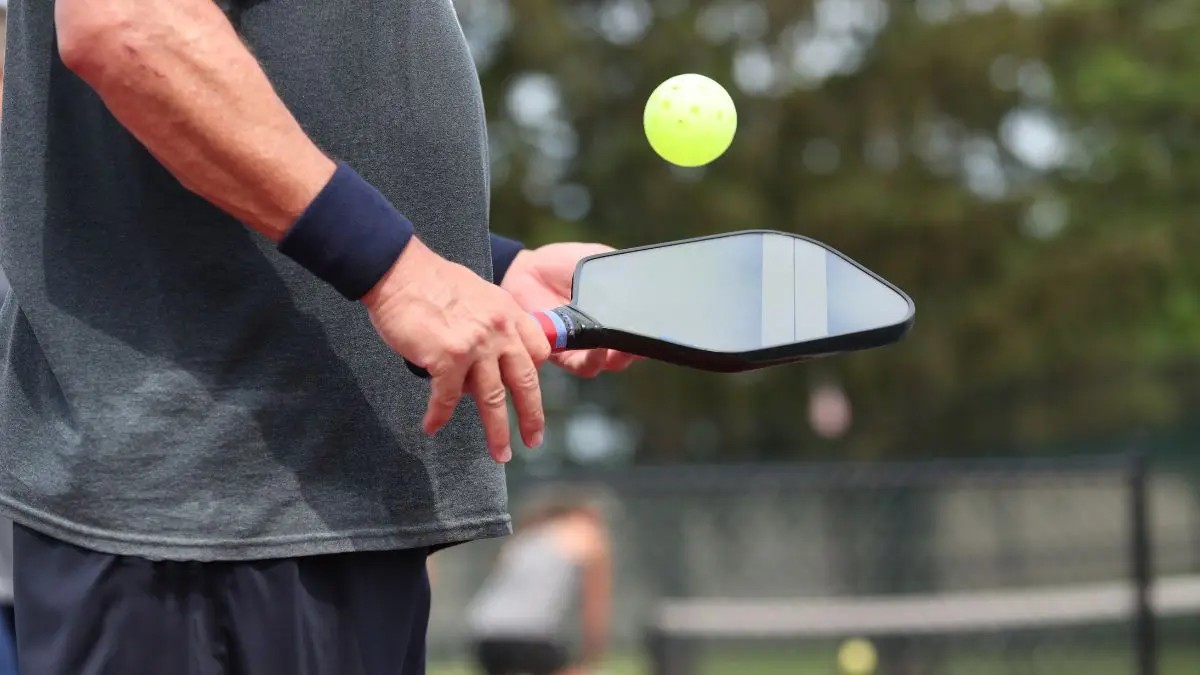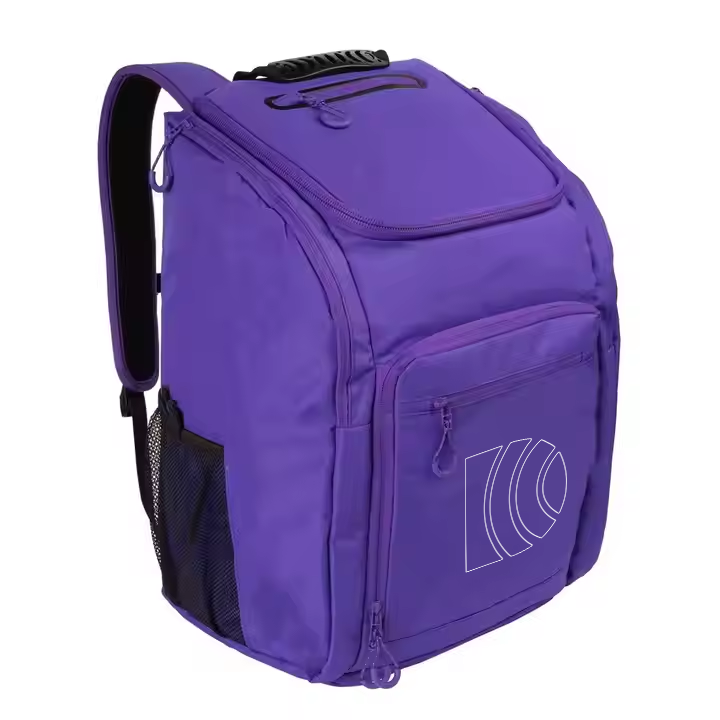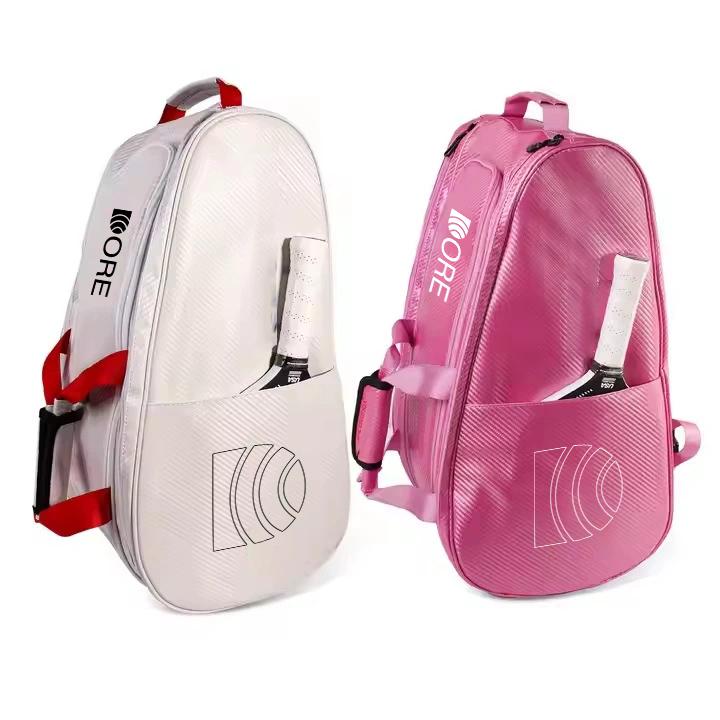Dore Sports' Strategic Response
Dore Sports, a leading pickleball paddle manufacturer based in China, has been quick to recognize and respond to this trend. Rather than viewing the rise of Mexican factories as competition, Dore Sports is embracing a hybrid approach that combines the strengths of both Asia and North America.
To cater to the evolving needs of its North American clients, Dore Sports has implemented the following strategic changes and innovations:
1. Partnership Model with Mexican Facilities:
Dore Sports is now actively forming partnerships with local Mexican workshops and OEM facilities. This allows them to offer customers the option of assembly and final production in Mexico, reducing lead times while still leveraging their proprietary core materials and technologies developed in China.
2. Modular Production Systems:
The company has introduced a modular manufacturing system where core paddle components (e.g., carbon fiber face, polymer cores) are produced in Asia and shipped to Mexico for final assembly. This hybrid approach ensures quality consistency while speeding up delivery.
3. Smart Inventory & Logistics:
Dore Sports has upgraded its supply chain with AI-powered forecasting tools to better predict order trends and optimize pre-positioned stock in strategic North American locations.
4. Customization on Demand:
With clients demanding more personalization, Dore Sports has developed mobile packaging and labeling units in Mexico to support last-minute customization with “Made in Mexico” or “Final Assembled in Mexico” labels to meet tariff and marketing requirements.
5. Sustainability Alignment:
Leveraging Mexico’s growing focus on eco-conscious manufacturing, Dore Sports is exploring the use of locally sourced recyclable TPU edge guards and biodegradable packaging for orders fulfilled in Mexico.


